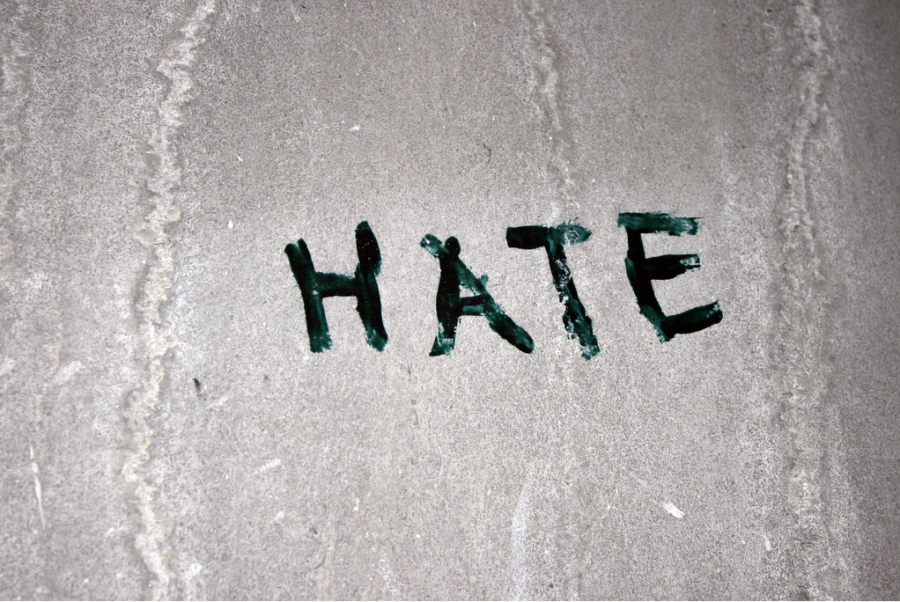The Hate We Give And Get
January 24, 2018
She’s easy to relate and talk to, lets me rant about anything, makes me laugh even when I hate the class we’re in, and doesn’t judge me for who I am. I hated her at first…but why?
Hatred by definition means “intense dislike or ill will.” So, you can’t throw around the word hate everywhere. There has to be a valid reason as to why anyone hates anything, especially people, because to throw around the word makes it meaningless. Plus, it’s like hypothetically I could walk up to a random stranger and tell them I “hate” them.
In our society now more than ever, the word “hate” and the feeling of “hatred” is used out of context, and its meaning is dulled out. The reaction for any person who hears that someone hates them is immediately to assume they did something wrong. Why though? It’s not right for a person to immediately feel guilty and down about something, especially if they did NOTHING. I mean, hate is a strong word, thus it should be used in proper context and you can’t use it everywhere. It’s not right and doesn’t make sense.
According to an article on Psychology Today, there are various reasons as to why people hate. Some of these reasons include: fear of “the other”, fear of ourselves, lack of self-compassion, it fills a void, and societal and cultural factors.
We tend to fear those in the out-group—people we deem as different and feel threatened by. Thus, this feeling of change or differenceness drives the feeling of hatred. Also, according to psychologist Dana Harron, the things people hate about others are the things they fear within themselves.
Lack of self-compassion more often than not influences hatred amongst others. And according to psychologist Brad Reedy,“If we find part of ourselves unacceptable, we tend to attack others to defend against the threat.” Similarly, psychologist Bernard Golden believes when hate involves participation in a group, it may help foster a sense of connection and camaraderie that fills a void in one’s identity.
In comparison, one answer to why we hate, according to Silvia Dutchevici, LCSW, president and founder of the Critical Therapy Center, lies not only in our psychological makeup or family history, but also in our cultural and political history.
But what can we do about hatred? Golden says hatred has to be learned. “We are all born with the capacity for aggression as well as compassion. Which tendencies we embrace requires mindful choice by individuals, families, communities and our culture in general. The key to overcome hate is education: at home, in schools, and in the community.”




